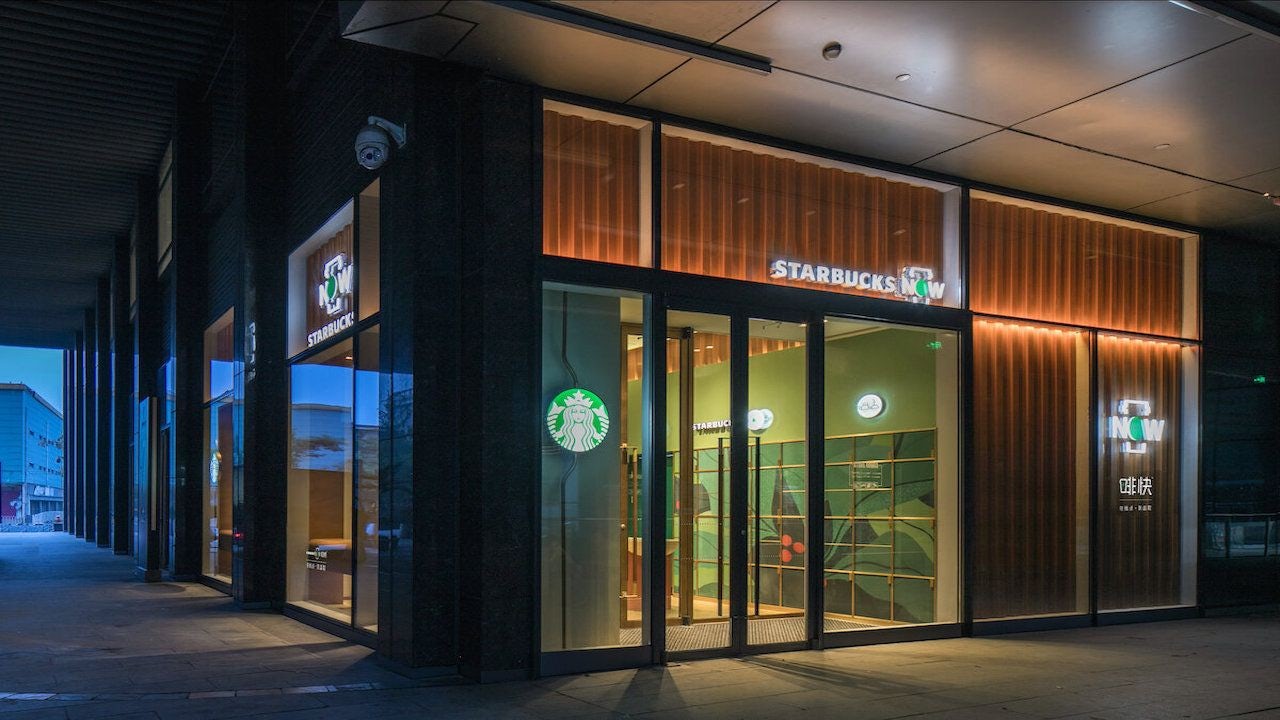Key Takeaways#
:
- The consumer profile for young, affluent Chinese shoppers has become more accessible and analytics-based for brands, thanks to footprints left by digital natives.
- AI is fueled by big data and organized via algorithms, and the implications of this technology in the fashion sector have become more extensive than consumers and market players realize.
- AI can help fashion or luxury companies identify products more efficiently by achieving digitalization across various channels, adapt to ever-shifting consumer demands faster, and assess how brands could recover from pandemic lockdowns.
Young and affluent Chinese luxury shoppers are now perceived as more sophisticated than ever when it comes to their purchasing demands and preferences. However, their consumer profile has become more accessible to brands, thanks to the footprints left by these digital natives. Though artificial intelligence (AI) was a popular buzzword even before the COVID-19 pandemic, the area is continuously evolving, and the demand for the technology has surged amid the current retail doom and gloom.
In a nutshell, AI is fueled by big data and organized via algorithms. But the implications of AI in the fashion sector have become more extensive than consumers and market players realize. Jing Daily shared in previous coverage how core technologies like textile digitalization and 3D modeling are empowering the future of fashion weeks. Now, in this episode, we dive into the AI technologies three startups are using to find better luxury retail solutions for trend prediction, content marketing optimization, and online-offline traffic improvement.
AI Fashion#
AI Fashion, a company that specializes in applying AI to the fashion industry, boasts its expertise within its name. Founded by Wu Bin in 2017, the company has independently developed industry-leading fashion apparel identification, analysis, and retrieval tools that are based on the long-term accumulation of massive industry data and algorithms.
AI Fashion has been providing online marketplaces such as JD.com, Secoo, and Farfetch with intelligence support for image shopping, styling recommendations, and personalized shopping experiences, all of which help brands to increase conversion rates and customer unit prices. Also, the company’s inventory management system, which is supported by optical character recognition technology, can reduce labor costs and improve warehouse management efficiency. AI can also be applied in offline shopping scenarios — from guiding in-store salespeople and offering personalized services and recommendations to smart fitting — to help drive online-to-offline business.
At a panel called The Digitalization of The Fashion Industry, which was hosted during the 2020 China International Fashion Fair in Shanghai, Wu explained how his company’s “fundamental ability is to allow the computer to recognize the products.” As such, in a retail sector consisting of consumers, products, and varied shopping scenarios, AI Fashion can help fashion companies identify products more efficiently by achieving digitalization across various channels.
Chain of Demand#
Chain of Demand is a Hong Kong-based company that uses AI and big data to track and predict sales demand for fashion brands, which minimizes inventory waste and increases overall cash flow in the long term. However, the firm’s market intelligence efforts not only seek to improve profitability; it also prioritizes sustainability, according to the company’s founder, AJ Mak.
Given Chain of Demand’s expertise in data science, the company starts by cleaning a corporation’s historical and real-time data, which includes identifying and correcting corrupt and inaccurate records. Only then will it move its focus to integration and extraction efforts. Their analysis is often more sophisticated than the collected data, and it even applies retail insights from team members who have over 20 years of experience in retail.
Effectively leveraging data can not only help brands optimize their inventory and pricing decisions, but it also allows them to react to ever-shifting consumer demands faster than their rivals. The company’s flexibility and mobility breed this type of efficiency after tailoring predictions and solutions for each of its clients.
Cosmose AI#
Founded in 2014 by Miron Mironiuk, Cosmose AI aims to integrate offline retail with online advertising. By tapping into mobile-user profiles and precise location data, the company has strengthened luxury and beauty powerhouses such as LVMH, Richemont, and L’Oreal. The anonymized consumer data is used to inform retailer advertising strategies and help predict future sales performance, which leads to improved customer retention and physical shopping experiences.
After gaining seed funding in 2019, the company announced the completion of a 15-million Series A investment round in September, which was led by Tiga Investments, OTB Ventures, and TDJ Pitango. That round brought the company value to over 100 million. This momentum can be attributed to the firm’s contribution to help retailers weather the unprecedented COVID-19 crisis.
Over the first half of 2020, the Cosmose platform gathered data from over 360,000 stores, including over 600 luxury and beauty brands and major shopping malls in Mainland China, Hong Kong, and Macau. The company used this information to assess how brands could recover from the loss of offline retail footfall resulting from COVID-19 lockdown restrictions.


